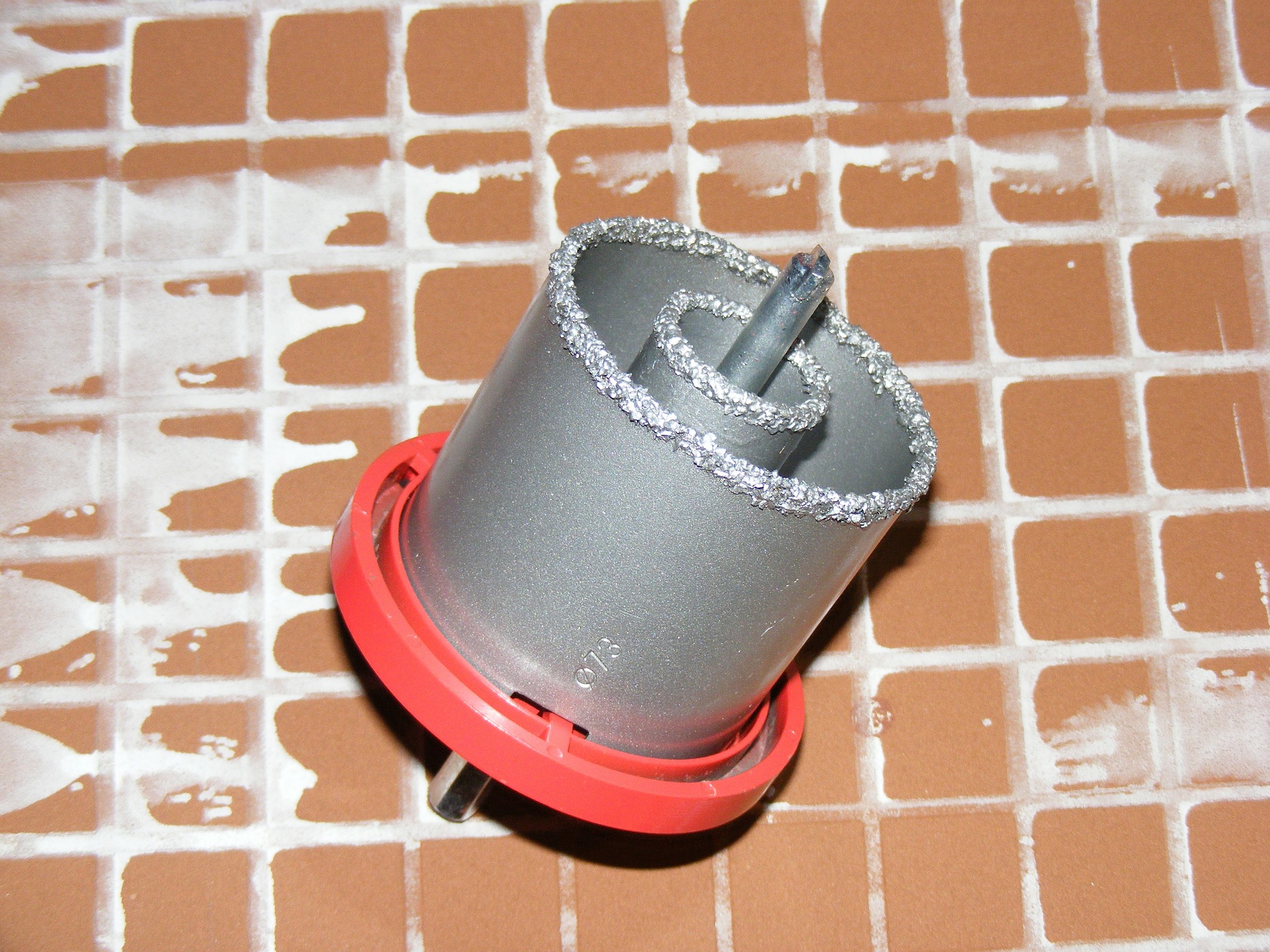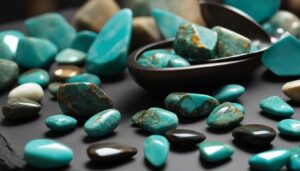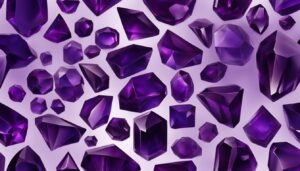Nickel-bonded tungsten carbide jewelry is hypoallergenic and 100% skin-friendly. It is very suitable for you who have sensitive skin or are worried that contact with nickel or other allergens will irritate your skin.
Tungsten carbide, also known as cemented carbide, has become a popular material in the wedding jewelry industry due to its extremely high hardness and high scratch resistance.
Rings made of pure tungsten are hypoallergenic. However, few rings of this sort exist. Instead, most tungsten rings contain allows and binders, and people may be allergic to the materials included alongside the tungsten. Nickel is the most commonly used metal for tungsten alloys.
However, it is also a brittle metal and the tungsten ring can break with good impact. On the other hand, while tungsten itself does not damage itself, it can damage many other things. Tungsten carbide is not only harder than tungsten, but it is also more difficult to mold a ring or other jewelry from it. However, most people can wear tungsten carbide jewelry even if they have suffered from skin irritation in the past, because the nickel that can be present in this tungsten alloy is often too small to cause a reaction.
The Binders May be Harmful to Skin
But remember that not all types of tungsten carbide jewelry are skin-friendly, which means that the metal that makes up the tungsten alloy must be made of hypoallergenic metal or combined with hypoallergenic adhesive metal. When making tungsten carbide rings, the tungsten used usually contains cobalt or nickel binders, which means that although nickel is present in tungsten carbide jewelry, the resulting alloy is usually hypoallergenic.
Tungsten rings and tungsten carbide rings may contain cobalt or nickel binders, but the rings cannot tell whether they contain nickel or cobalt. Although people who are allergic to nickel will have an allergic reaction to most nickel metal alloys (such as gold and nickel alloys), tungsten and nickel alloys are hypoallergenic. Although nickel may be irritating, tungsten and nickel alloys are actually hypoallergenic.
Usually hypoallergenic, tungsten usually does not cause skin reactions, although it sometimes contains very small amounts of nickel. Tungsten is also considered a hypoallergenic metal, although it is associated with small amounts of nickel. By itself, tungsten may be hypoallergenic, but in combination with nickel, hypoallergenic is simply inappropriate. The vast majority of people with metal sensitivities are allergic to nickel.
Allergies Are Possible with Tungsten Rings
There is a possibility that the person will develop an allergy to the metal tungsten ring. If you are allergic to metal or have skin sensitivity to metal, keep in mind that some tungsten rings can cause a reaction while others are completely hypoallergenic. So while pure tungsten can be dangerous, tungsten tungsten ring for jewelry is perfectly safe if you’re not allergic to the metal.
It is similar to tungsten in that it is scratch resistant, but it is also much more resistant to breakage due to heavy impact. It is a strong and durable metal and very affordable price.
It is also very dense, and the decoration makes it surprisingly heavy. Because of its toughness, tungsten is the material of choice for buyers looking for jewelry that can last for a long time. Tungsten also adds weight that other metals such as titanium watchbands do not have. In addition, tungsten has a very good polishing effect and can maintain its beautiful luster over time.
It is also exceptionally white in color, similar to precious metals such as platinum, but can be purchased at a more affordable price. It can often be found as an alloy in jewelry, usually with tungsten due to its natural hardness and scratch resistance, although there are tungsten rings that do not contain cobalt.
There are some cheap tungsten jewelry out there, and often the reason is that they are made from cobalt rather than nickel (we have already discussed why cobalt is not preferred). You want to find tungsten with a nickel alloy, which is a little more expensive, but won’t corrode and brown your finger.
Tungsten Rings Are Often Made with Nickel
If you are allergic to nickel, be sure to ask your jeweler if any of the metals it contains are associated with nickel. People with a nickel allergy should also avoid stainless steel and non-allergenic jewelry. People with sensitive skin and / or those experiencing allergic reactions should switch to hypoallergenic metals such as titanium, which is considered biocompatible and is often used to make allergen-free jewelry and medical devices. Those who have experienced skin irritation should choose hypoallergenic metals such as tungsten to minimize the occurrence of skin allergies.
Tungsten rings can contain cobalt or nickel binders. An interesting fact is that another form of tungsten alloy, which uses nickel as a metal binder, is hypoallergenic even for people who are allergic to nickel.
Among the common alloys used in jewelry, titanium is more ductile than tungsten. In some cases, tungsten jewelry contains cobalt, which may cause allergic reactions in some people. Cobalt tungsten may occasionally cause skin reactions or sensitization, but this is not common.
Tungsten is an extremely hard metal and melts at very high temperatures. Although pure tungsten is very soft, it combines with other metals to form a bond that is one of the most durable materials for wedding rings. Cheap tungsten is made from cobalt, which is used in the filament of light bulbs.
Due to the different equipment and environmental requirements required to manufacture metals, titanium jewelry is cheaper than tungsten jewelry. Although titanium and tungsten are very affordable, have similar appearances and share some common characteristics, each has unique characteristics that make it a great choice for men’s wedding rings.
Tungsten Itself Is Not Irritating
If you are not a fan of tungsten, there are many other hypoallergenic metals and materials on offer. Not all tungsten is hypoallergenic, and some can cause allergies in people with metal sensitivities.
As previously mentioned, dermatitis can occur in some people from skin contact with tungsten in general, mostly from working with tungsten carbide, not just wearing a ring. Cobalt-based tungsten rings not only cause skin reactions, but over time they develop spots and pimples at the metal-to-skin contact areas. In addition, cobalt can oxidize and cause discoloration of tungsten jewelry.
If you use both cobalt and tungsten in your ring, some people may be allergic to cobalt. This is important because if you are allergic to some metals (mainly nickel) that some tungsten carbide rings may contain, you may (if unlikely) have an allergic reaction to these tungsten carbide rings.
A metal allergy survey showed that up to 17% of women and 3% of men are allergic to nickel, and 1-3% are allergic to cobalt and chromium. But most wedding rings are made of gold, and more and more people are not only allergic to base metals such as nickel, but also allergic to metals such as gold and silver commonly used in wedding rings.




